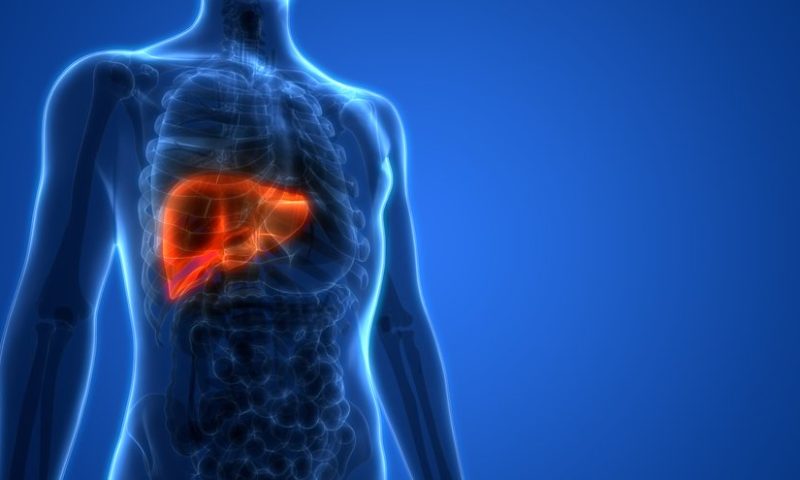Nonalcoholic fatty liver disease research has claimed another victim, this time Bristol Myers Squibb, which is washing its hand of the midstage asset pegbelfermin.
The New York Big Pharma has discontinued development of the therapy, formerly known as BMS-986036, after getting a peak at results from the phase 2b FALCON study. The company confirmed the move in a statement to Fierce Biotech Thursday morning, and said they will continue in NASH with the phase 2 treatment Hsp47.
“BMS has decided to no longer focus on NASH drug pegbelfermin,” the statement said. “Clinical development activities for pegbelfermin (FALCON Phase 2b program) will be completed and BMS is exploring external opportunities for pegbelfermin.”
Pegbelfermin was licensed by BMS from biotech Ambrx. The drug is a long-acting fibroblast growth factor 21 that is under development for metabolic conditions including nonalcoholic steatohepatitis (NASH).
RELATED: Bristol-Myers NASH drug hits primary endpoint in phase 2
BMS paid $100 million upfront to Japanese biopharma Nitto for development rights to Hsp47 in 2016.
Way back in 2017, BMS reported that pegbelfermin met the main goal of a phase 2 study, which was to reduce liver fat over 16 weeks. The drug outperformed placebo with more than half of patients experiencing a 30% or greater relative risk reduction.
But now, after getting a look at two midstage studies called FALCON 1 and FALCON 2, BMS is cutting its losses. The trials were looking to show that pegbelfermin could improve liver fibrosis without worsening NASH, along with a number of secondary endpoints. The studies had a combined enrollment of about 315 patients. The FALCON 2 study involved more advanced patients.
BMS told RBC Capital Markets analyst Brian Abrahams that the studies did not meet their threshold for continued development, according to a Wednesday note.
“These decisions were not based on any observed, expected, or perceived safety findings. Rather, these moves are consistent with the evolution of the company’s strategic focus,” BMS said.
Results from the FALCON program will be published later in a peer-reviewed journal.
“Pegbelfermin had always appeared less potent and shorter acting than next-gen FGF21 offerings from 89bio and Akero Therapeutics,” Abrahams wrote.
Data presented at the American Association for the Study of Liver Diseases’ annual Liver Meeting in early November “left room for improvement,” but Abrahams did say the results proved the link between FGF21-induced liver fat improvements and histological benefits.
The FALCON 1/2 studies did not meet statistical significance and the effect was not linked to the dose, but trends were seen on the primary endpoint of improvement in liver fibrosis. The therapy was found to be safe.
With BMS out of the way, RBC sees plenty of opportunity for the small biotechs 89bio and Akero, which both have NASH drugs moving through clinical development. Back when BMS’ Liver Meeting data was revealed, RBC predicted $900 million in sales potential for 89bio in NASH after a likely 2026 launch. Top-line data for 89bio’s therapy, BIO89-100, is expected in January 2022.
Requests for comment from Ambrx on the next steps for pegbelfermin were not returned as of publication. The company has another partnership with BMS for a next generation form of the hormone Relaxin that is under development for acute heart failure. Ambrx also has partnerships with AbbVie and BeiGene.
In October alone, Enanta Pharmaceuticals and Metacrine threw out work in NASH after lackluster phase 2 results. The disease continues to claim assets from companies big and small, and the need remains unmet for patients who have the fatty liver disease.
NASH causes fat to build up in the liver, causing inflammation and damage. An estimated 1.5% to 6.5% of adults in the U.S. have NASH. The only treatment is weight loss, no drugs have been approved to treat NASH, according to the National Institutes of Health.

